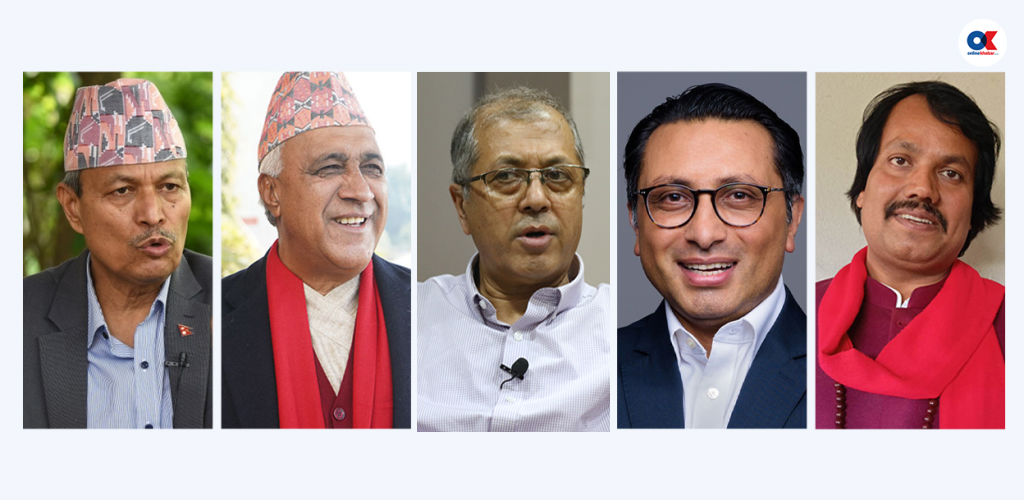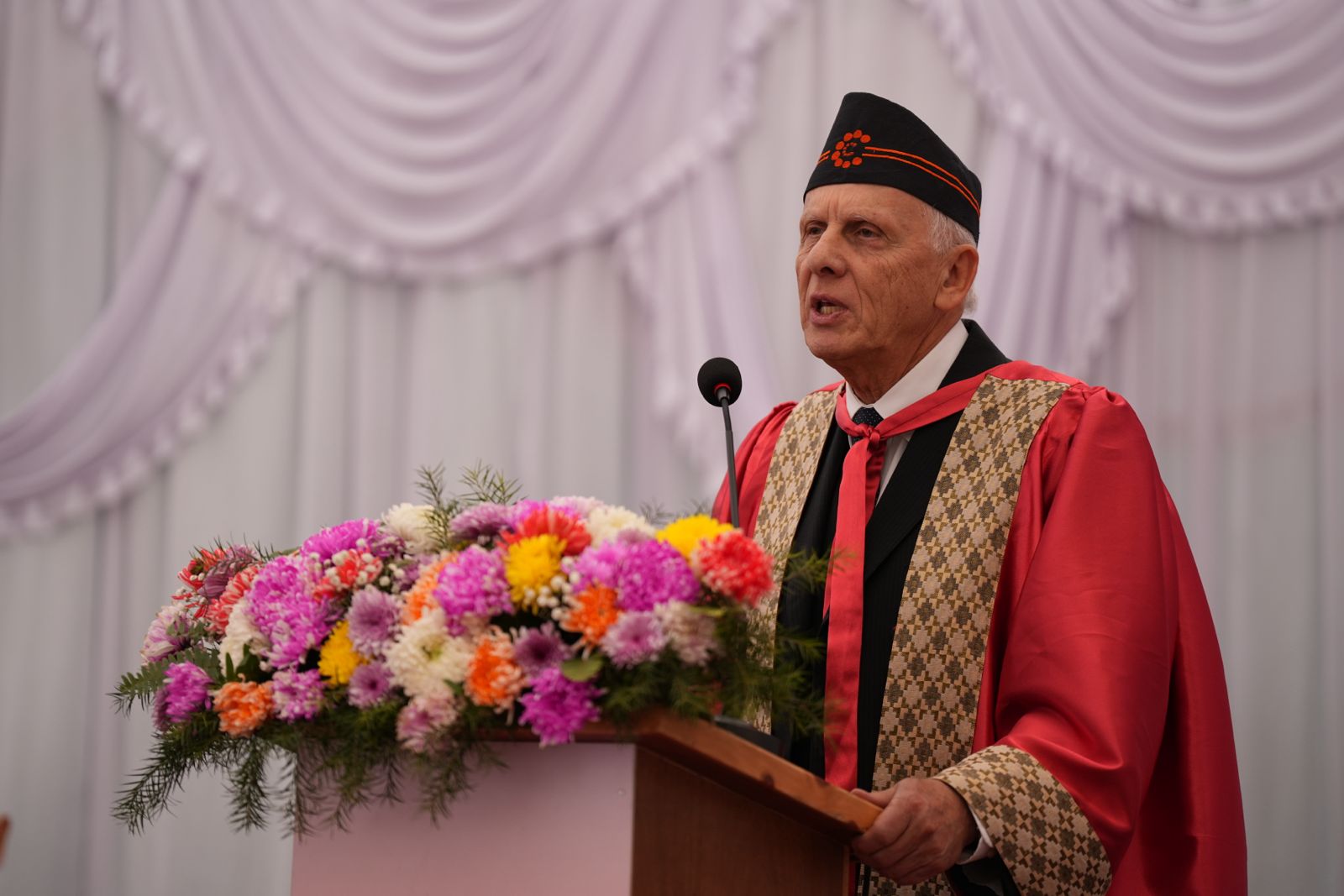
The government has introduced a new policy requiring citizens who fail to renew their health insurance on time to pay up to four times the regular premium amount. As per the Health Insurance Program Implementation Guidelines 2082 BS, insured individuals who miss the renewal deadline will face increasing financial penalties instead of receiving services.
According to the revised schedule approved by Executive Director of the Health Insurance Board, Dr Raghuraj Kafle, those who renew their expired policies within three months must pay the annual premium plus an additional Rs 350. The current annual premium for a family of five is Rs 3,500, which grants coverage of up to Rs 100,000.
If renewal occurs within six months, the amount rises to Rs 4,550; within a year, it is Rs 5,250. After one year, the renewal cost jumps to Rs 7,000; after two years, Rs 10,500; and after three years, Rs 14,000. Failing to renew for more than three years will cost Rs 17,500.
The directive was approved by the Board on Asar 24 (July 8).
Policy Criticised for Penalising, not supporting citizens
The Board claims the measure aims to encourage regular renewals and curb the trend of people rejoining only when they fall ill. “This isn’t punishment—it’s an incentive for continuity,” said Board spokesperson Bikesh Mall.
However, former Health Insurance Board Chair Dr Gunaraj Lohani argues the policy will deter people from joining the program altogether. “Instead of encouraging participation, the government is making it more difficult,” he said, warning this could collapse the entire insurance system.
Former Director Dr Ramesh Pokharel echoed Lohani’s concerns, saying penalties without service quality improvement are counterproductive. “Even hefty fines won’t work if hospitals don’t deliver,” he said, citing delayed payments, poor infrastructure, and long waits in government hospitals.
Citizens often face difficulties accessing prescribed medicines and diagnostic services under the insurance program, leading to growing dissatisfaction.
Core goals of health insurance being undermined
Launched in FY 2071/72 BS with the goal of covering all citizens within five years, the health insurance program was meant to ensure universal access to healthcare, reduce out-of-pocket expenses, and improve service quality. But experts say the current approach is steering the program away from these principles.
Public health expert Dr Sharad Onta emphasised that health insurance should follow a welfare-based model, where contributions are based on ability and services provided according to need. “Charging the same premium to both billionaires and the poor goes against the very idea of social justice,” he noted.
Experts call for structural reforms: expanding health institutions, improving equipment, simplifying referrals, and ensuring timely payments to hospitals. They also stress the need for better coordination between the Health Insurance Board, healthcare institutions, and the Ministry.
Programs run by the Social Security Fund, Employees Provident Fund, and Citizen Investment Trust—though similar in goal—are being implemented separately, weakening the effectiveness of the health insurance initiative. Without integrated oversight and consistent service delivery, experts warn that citizen trust and participation will continue to decline.






















